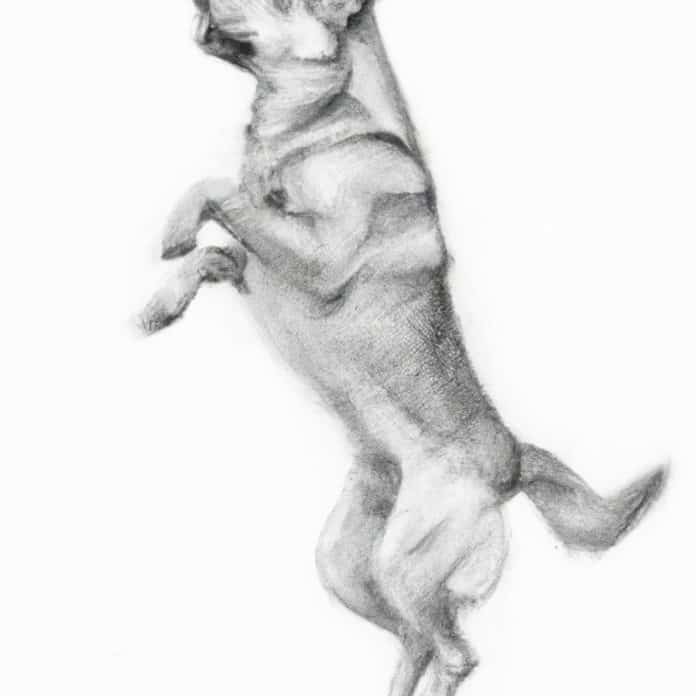Dear VetBabble: What Can I Do About My Dog’s Difficulty in Jumping and Standing on Hind Legs?
Lately, my dog has been showing signs that something might be wrong with his back legs, hips, or rear. He doesn’t seem to have trouble walking or sitting, but he hasn’t been able to jump up. My dad noticed he wasn’t jumping up in excitement like usual for treats and walks, and he doesn’t try to stand on his hind legs at dinner time like he used to. Today, he tried to jump on my bed and couldn’t get high enough, falling back to the ground. What can I do to help him?
We’re very sorry to hear that your dog, Jake, is having difficulties with jumping and standing on his hind legs. This is a common concern among pet owners, particularly those with older small to medium-sized dogs. The underlying problem might involve his hip joints, among other possibilities. In this article, we’ll discuss some possible causes and solutions for this issue.
Possible Causes: Hip Dysplasia and Arthritis
Though it is difficult to pinpoint the exact cause, we would be concerned about osteoarthritis in Jake’s hip joints. Osteoarthritis is a common problem in dogs and can also affect cats. Other possible issues could be slipped discs or problems with his knees. A veterinarian would be able to provide a definitive diagnosis with a physical examination and potentially using X-rays to visualize the changes in Jake’s lower back, knees, and hip joints. You can learn more about hip dysplasia in dogs here, arthritis in dogs here, and arthritis in cats here.
Joint Supplements for Dogs
Because Jake seems otherwise very well, we advise adding a supplement to his diet to help with joint health. There are several joint supplements for dogs on the market, such as those with Glucosamine & Chondroitin. Look for these ingredients on the labels, and always buy a pet-formulated brand, as dosages are different for humans. You can learn more about joint supplements for dogs here.
Exercise and Home Care for Jake
We would also advise a change in his exercise regime to promote lean muscle mass development. Muscle wastage is a common contributing factor in older dogs. More frequent, but shorter walks will benefit Jake. For example, try two 20-minute walks – one in the morning and one in the evening. This can help maintain his strength without overworking him.
If you notice that Jake is particularly sore after a walk, you can apply a cool compress to his hip area to alleviate discomfort. Additionally, consider providing him with more accessible sleeping and resting areas so he doesn’t have to jump to reach them.
We hope these suggestions are helpful for you and Jake. If you believe that Jake is not benefiting from these tactics or if his condition worsens, we strongly advise a trip to the veterinarian to ensure nothing more serious is occurring. Remember, timely intervention and proper care can make a significant difference in your pet’s health and well-being.









